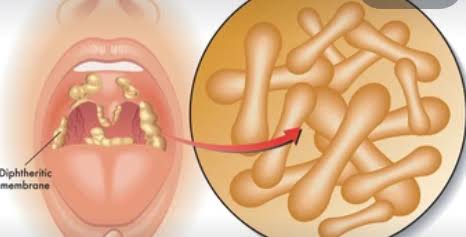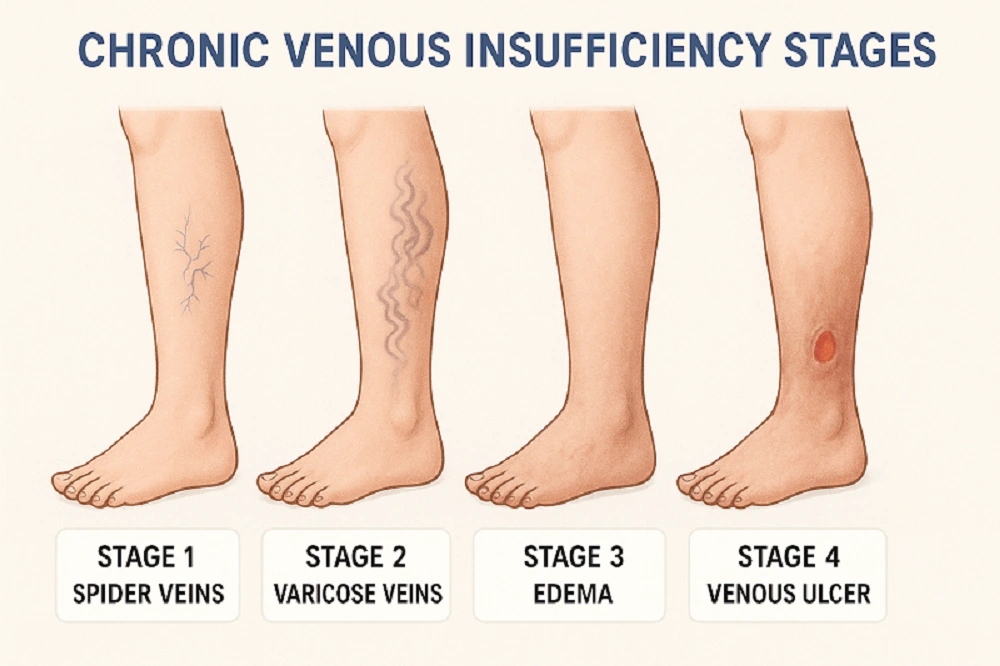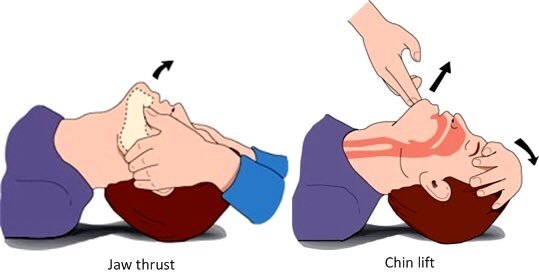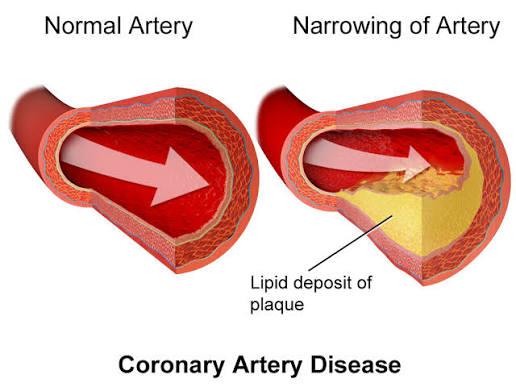
McKeown’s Concept
Thomas McKeown was a physician and demographic historian who proposed a thesis regarding the dramatic population growth observed in the industrialized world from the late 1700s onwards. His central argument, often referred to as the “McKeown Thesis,” posits that this population increase was primarily due to improvements in socioeconomic conditions rather than advancements in medical technology or public health interventions. McKeown argued that factors such as better nutrition, improved living standards, and economic development played a crucial role in reducing mortality rates, particularly from infectious diseases. He suggested that these broad social changes were more significant than specific health-directed actions like vaccinations or sanitary reforms.
McKeown’s work sparked considerable debate within public health and demography, challenging the prevailing view that medical advancements were the primary drivers of improved health outcomes. His thesis emphasized the importance of understanding how social determinants influence health and mortality patterns, suggesting that economic and social conditions are fundamental to population health.
Determinants and Types of Determinants
In public health and epidemiology, “determinants” refer to factors that influence health outcomes within populations. These determinants can be categorized into several types:
- Social Determinants: These include conditions in which people are born, grow, live, work, and age. Social determinants encompass factors such as socioeconomic status, education level, neighborhood environment, and access to healthcare services.
- Behavioral Determinants: These are individual behaviors that affect health outcomes. Examples include diet, physical activity levels, smoking habits, and alcohol consumption.
- Biological Determinants: These refer to genetic predispositions or biological factors that can influence an individual’s risk for certain diseases or health conditions.
- Environmental Determinants: These include physical environmental factors such as air quality, water quality, housing conditions, and exposure to toxins or pollutants.
- Healthcare System Determinants: This category includes aspects related to the availability and accessibility of healthcare services, quality of care provided, and healthcare policies that impact population health.
Understanding these determinants is essential for developing effective public health strategies aimed at improving overall community health.
Societies in Transition
The concept of societies in transition refers to communities undergoing significant changes due to various factors such as economic development, urbanization, globalization, technological advancements, or shifts in cultural norms. During these transitions, populations may experience alterations in their demographic profiles (e.g., age distribution), economic structures (e.g., moving from agriculture-based economies to industrialized ones), and social dynamics (e.g., migration patterns).
In many cases of societal transition:
- There is often a decline in mortality rates due to improved living conditions but also an increase in lifestyle-related diseases due to changes in behavior.
- Economic growth can lead to disparities where some segments of society benefit significantly while others remain marginalized.
- Public health challenges may arise as traditional practices give way to new lifestyles influenced by globalization.
These transitions highlight the need for adaptive public health strategies that consider both historical context and current socioeconomic realities when addressing population health issues.
The interplay between McKeown’s ideas on socioeconomic determinants of health and the dynamics of societies undergoing transition remains critical for understanding contemporary public health challenges.







